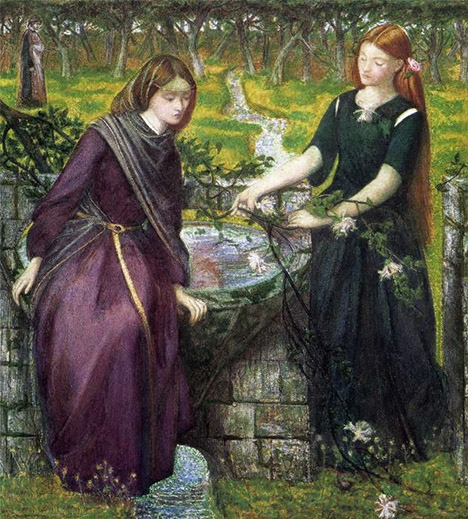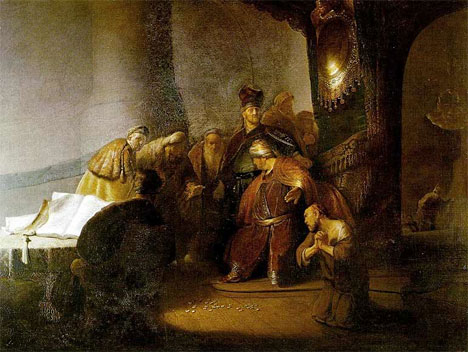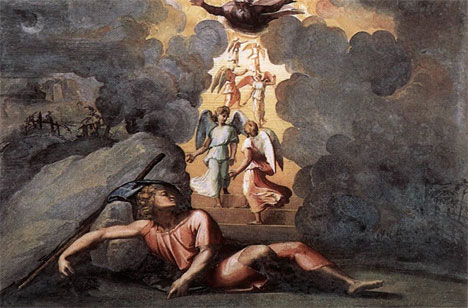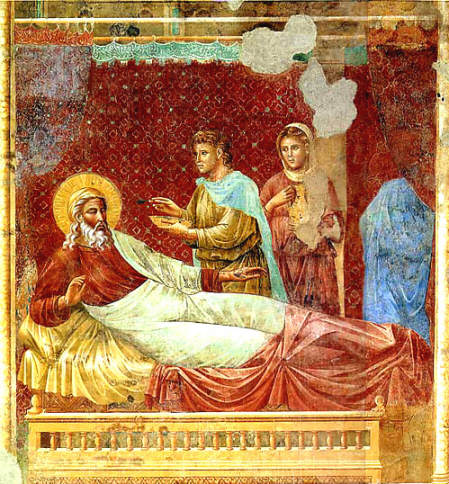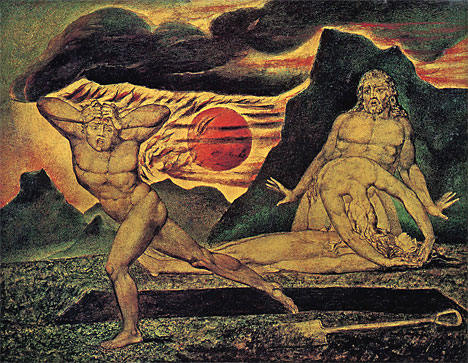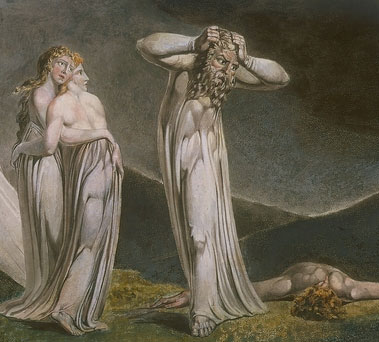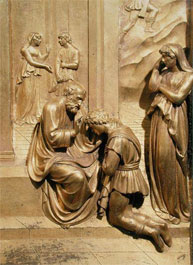The Field of Blood
Covenant Structure in Zechariah 11
“The meek will eventually inherit the earth but the wicked will always have to buy it.”
Reading the book of Zechariah, like most Bible prophecies, is like tuning in to Season 3 of any good TV series without watching Seasons 1 and 2. Our problem today is not that we haven’t actually read the books of Moses (well, I hope we have) but that we haven’t been taught to read them into the prophets and the New Testament. We treat them like we’ve now switched channels, or shows, and the authors are starting with a blank canvas! However, the canvas isn’t blank. The prophets were God’s repo men, and their messages were all framed in the context of the Covenant contract. What amazes me is how inventive the prophets are (or the Spirit is) in coming up with something new and surprising using the patterns laid down in Moses.
Jacob’s Pillar
An excerpt from Bible Matrix III:
Just as Esau was the line of Cain rolled into one, so Jacob was a true son of God. In fact, being blameless as Noah was, the Lord granted him a vision of the true Gate of God, a tower reaching to heaven.
In Bible Matrix, we mentioned the significance of Jacob’s “ziggurat” vision as it relates to the mountain of God. [1] Jacob was laid out on the ground like Adam. His slumber brings a “Bridal” vision.
Bridal Men
“Jacob didn’t steal the future. He rescued it from a Man who put food first and whose eyes were not yet opened.”
James Jordan has done the Church a great service by rehabilitating the reputations of Noah the drunk, Abraham the liar, Jacob the swindler and Moses the murderer. He has shown us that the context of these so-called sins and crimes mean that they are nothing of the sort. [1] By this, I don’t mean “cultural context” but Covenant context. The reason these great men of God (and their wonderful women) get such a bad rap is because their stories are treated like a bunch of separate things that occurred, from which we must draw obvious and disconnected morals, rather than a single narrative begun in Genesis 1.
Mothers and Brothers
“What is the meaning of ”one is taken and the other left’? This is commonly thought to refer to the rapture — one taken up into heaven, and the other left on earth to kick himself for not praying the sinner’s prayer when he had a chance. On the bright side, there will be a lot of free, unmanned cars available” (Heaven Misplaced, p. 104).
Matthew 24 is a prediction of the Covenant curses falling upon Judah for the last time. One being taken and the other left has to do with displacement. Titus enslaved the best Jews and took them in ships to Egypt.
“And the Lord will take you back to Egypt in ships, by the way of which I said to you, ‘You shall never see it again.’ And there you shall be offered for sale to your enemies as male and female slaves, but no one will buy you.” (Deuteronomy 28:68)
It’s one thing to get the historical fulfilment correct, but there’s a whole lot more going on here. In His speech, as the fulfilment of Israel, Jesus is working through the Bible Matrix, a combination of the Creation week, the weekly and annual Feasts, and the process of Dominion. This means that He is using examples of all the previous historical Covenant structures to make His point. The Covenant cycle has snowballed through history and picked up a lot of events on its way.
The Significance of Adah and Zillah
“Peter came to Him and said, ‘Lord, how often shall my brother sin against me, and I forgive him? Up to seven times?’ Jesus said to him, ‘I do not say to you, up to seven times, but up to seventy times seven.’” (Matthew 18:21-22)
Genesis 4 seems to contain two “feast” cycles. Near the end of the first, at “Atonement”, the Lord set a mark upon Cain to protect him from vengeance. As on the Day of Covering after Adam’s sin in Eden, the full weight of the law was withheld. Cain complained that his “liability” was greater than he could bear. Cain was covered but he still went from the presence of the Lord, as the goat which carried the sins into the wilderness. It seems Cain despised mercy.
Just as the Lord and the Land were two witnesses against his crime, he now fled from the face of the Lord and the face of the Land. Only the High Priest could face God, standing in the Veil, the firmament between heaven and earth. Abel was the true facebread, the authorised priest. [1]
Hairy Goats
and Feasts in Genesis 27
The content of this post has been revised and included in Bible Matrix II: The Covenant Key.
See also Joseph as Torn Veil.
Fool’s Gold
The serpent poured water like a river out of his mouth after the woman, to sweep her away with a flood. But the [Land] came to the help of the woman, and the [Land] opened its mouth and swallowed the river that the dragon had poured from his mouth. (Revelation 12:15-17)
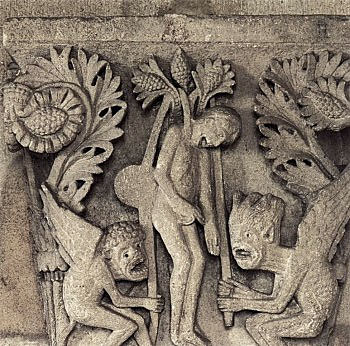 Satan mimicked the expanding gospel dominion with counterfeits at every step. Here, not only did he forge the water chariots of the true Temple (a false baptism), he would bring Noahic “rest” to the Land by destroying God’s mighty men. He would bring about his own twisted “new earth” by deluging the church with bogus teaching.
Satan mimicked the expanding gospel dominion with counterfeits at every step. Here, not only did he forge the water chariots of the true Temple (a false baptism), he would bring Noahic “rest” to the Land by destroying God’s mighty men. He would bring about his own twisted “new earth” by deluging the church with bogus teaching.
Wormwood
The Third Trumpet
De-Ascension – the Temple judged
The third angel blew his trumpet, and a great star fell from heaven, blazing like a torch,
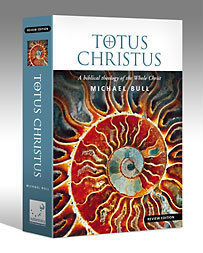 After the ascension of Christ, Satan was expelled from his “ministry” before God as the Accuser of man. Like the evil twin of the blazing torch that measured Abram’s sacrifices, he was then used by God to bring an end to the Covenant.
After the ascension of Christ, Satan was expelled from his “ministry” before God as the Accuser of man. Like the evil twin of the blazing torch that measured Abram’s sacrifices, he was then used by God to bring an end to the Covenant.
and it fell on a third of the rivers and on the springs of water. The name of the star is Wormwood. A third of the waters became wormwood, and many people died from the water, because it had been made bitter.
These first three trumpets concerned the Land (Judah), the Sea (the world empire) and the springs of water (the Temple). This same order began the song of ascension, Psalm 24:
Continue reading
Esau and Obadiah
Background
In 587 BC, the Jews saw the city of Jerusalem fall to the Babylonians and the Temple, built by Solomon nearly 400 years before, destroyed. The experience of this devastating judgment was made all the more bitter because the Edomites, their brothers and next-door neighbours, not only did not come to the aid of the Jews but, far worse, rejoiced in their humiliation, mocked their pain, looted their goods, and handed over their survivors to the Babylonians. The book of Obadiah is a prophecy, probably given shortly after the fall of Jerusalem, which tells of the judgment of Edom and the restoration of God’s people…
Interpretation
The book of Obadiah does not mention the sins of Judah or the destruction of the Temple – it is emphatically not a “sanctuary” book about the relationship with the Father. Similarly, no mention is made of the Babylonians or of what to do in exile – Obadiah is not a “world” book about the relationship with the outsider. Rather, the book of Obadiah is all about the Edomites – about their pride and self-reliance and malice. This is a “land” book about relationship with the “brother”. But who is this “brother” (see vv.10, 12)? The whole book is spoken to or about Edom. But who is Edom?
